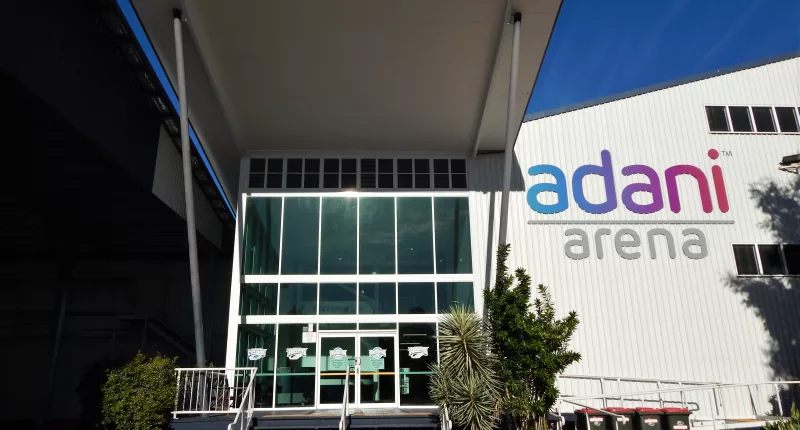The Adani Group, one of India’s largest conglomerates, has entered into a significant partnership with Israel’s Tower Semiconductor Ltd. to establish a state-of-the-art semiconductor fabrication plant in Maharashtra.
The planned semiconductor plant, to be built on the outskirts of Mumbai in Taloja, is a joint venture that represents an investment of $10 billion. Maharashtra’s Deputy Chief Minister Devendra Fadnavis announced the approval of this project on social media. The plant is slated to be developed in phases, with the initial investment earmarked for producing 40,000 semiconductor wafers per month in the first phase. This capacity will double to 80,000 wafers in the second phase, though an exact timeline for the project’s completion has not been specified.
The chips produced at this facility will have wide-ranging applications, including in the automotive, telecommunications, and electronics industries, and will be integral to the production of smartphones, drones, and electric vehicles. Such versatility is crucial as semiconductors are increasingly used across various sectors, underscoring their role as the bedrock of technological innovation. The Adani Group, through its flagship Adani Enterprises Ltd., will take the lead in financing this project, primarily using internal resources and some debt. The new semiconductor plant is expected to create 5,000 direct jobs in Maharashtra, contributing to the region’s economic development. In total, Maharashtra recently approved projects worth over $14 billion, which are expected to create tens of thousands of new jobs.
India’s entry into the semiconductor industry has been a long time in the making. The country has recognized the strategic importance of semiconductors, especially in light of the ongoing global supply chain disruptions caused by the COVID-19 pandemic and the tech rivalry between the United States and China. Prime Minister Narendra Modi’s administration has made concerted efforts to reduce India’s reliance on imports by encouraging domestic production of chips, which are critical components in everything from consumer electronics to military hardware.
The government’s Semiconductor Mission, a key initiative under this vision, is aimed at incentivizing companies to set up semiconductor fabrication plants in the country. While India has faced setbacks in this regard—such as the withdrawal of Foxconn from a $19.5 billion venture with Vedanta—there have been notable successes. For example, Micron Technology is building a $2.75 billion facility in Gujarat, and Tata Group has committed to major investments in semiconductor units. With the Adani-Tower Semiconductor plant, India hopes to accelerate its progress in this highly competitive field.
The establishment of this semiconductor plant comes at a time when global powers are scrambling to secure their own semiconductor supply chains. In fact, the chip shortage, which began during the pandemic, has exposed the vulnerabilities of over-reliance on a few major producers, particularly Taiwan Semiconductor Manufacturing Co. (TSMC) and South Korea’s Samsung. And for Tower Semiconductor, this partnership with Adani offers a chance to gain a stronger foothold in India’s rapidly growing market. So far, the Israeli firm has made components for leading companies like Broadcom and has been expanding its portfolio to cater to industries such as electric vehicles and telecommunications.
The Tech Portal is published by Blue Box Media Private Limited. Our investors have no influence over our reporting. Read our full Ownership and Funding Disclosure →






